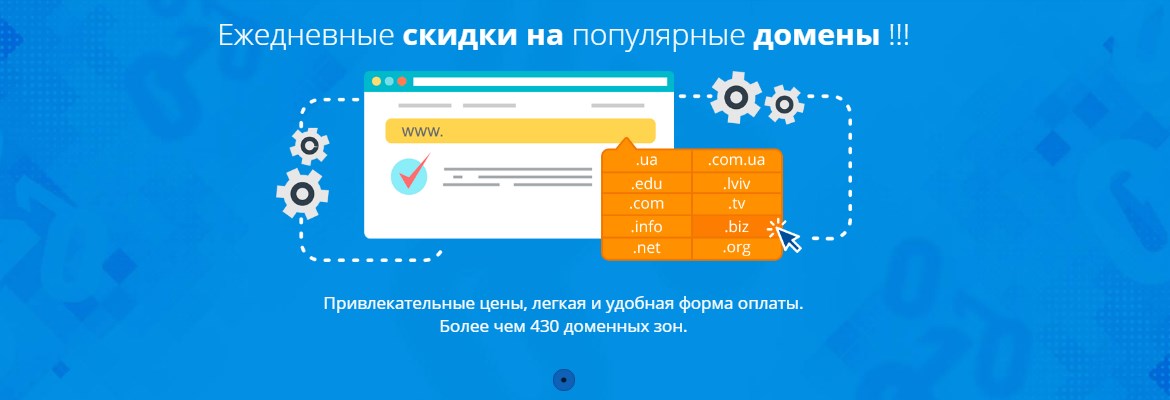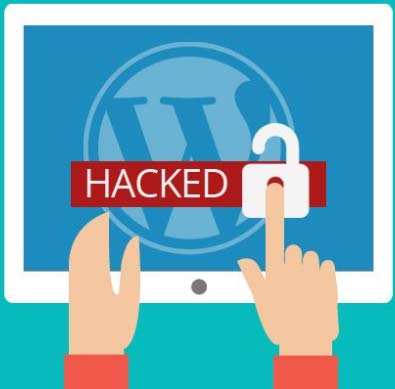Almost every website owner is convinced that they will not encounter the problem of viruses on the site, hacker attacks, and so on. But, of course, there comes a moment when such problems arise for the first time.
Where Do They Come From?
Viruses on a site cannot appear and disappear on their own. The cause of everything is malicious code. If you have discovered a virus on your web page, it is necessary not only to eliminate the problem itself, but also its causes. Otherwise, the situation may repeat itself very soon. There are many reasons why malicious code can end up on your site, we will consider the main ones.
Vulnerabilities in CMS Scripts
Vulnerabilities in CMS scripts are perhaps the most common problem that can lead to disastrous consequences. Regardless of the type of CMS you used to create your site, you need to constantly update all management systems to the maximum possible versions. This is necessary so that updates and patches close all vulnerabilities. Otherwise, these “holes” can easily be used by criminals for hacking, as they can easily take over not only your site, but also other sites that are located on this hosting. Using this method, hackers can perform the following unlawful actions regarding your site:
- Upload web shells and backdoors.
- Inject malicious code into the database (through image upload forms, files on your site).
Steal admin access using SQL injection or XSS attack. - Inject malicious code through vulnerable plugins and templates/
The above troubles can be caused by using unlicensed templates and plugins, which site owners often resort to in order to save money. Be prepared for the fact that a thoughtlessly downloaded plugin from the internet may contain a hacker script or backdoor. You can use “economical versions” only when you can independently clean the freely downloaded theme from pre-embedded “Trojan horses”. Otherwise, you voluntarily sign up for a hacker attack.
Site Attack by Hacking Admin Panel Password
The so-called Brute Force is a real threat to sites that are protected by weak passwords. This method of automatically selecting a password for the admin panel takes into account all known criteria used by site owners. Despite the fact that we are all different, in most cases, when we need to come up with a password, we think standardly. Often using names, memorable dates, and similar information. It is precisely such combinations that first fall into the risk zone. To somehow protect yourself, try to create more complex passwords that do not contain personal data. After all, today, if necessary, you can find out almost everything about a person. If a hacker sets out to hack your site, it will not be difficult for them at all.
According to statistics, today more than a quarter of all hacker attacks were carried out precisely by password selection. Don’t put yourself at risk by using easy passwords to speed up the authorization process. Otherwise, you may add to the hacking statistics.
Theft of Login and Password from FTP
If you work with filling your site using FTP, be sure to use secure protocols. At the moment of connection, FTP access data is transmitted openly, so it can be easily stolen by any interested party.
Hosting Server Hacking
Another of the most common causes of viruses is hosting server hacking. In this case, we should mention several problems:
- The so-called “homegrown” hosting. We are talking about hosting that is provided in the form of resale or sublease. There are cases when intermediaries rent hosting from a large company, and then offer their services directly to you. This, of course, is fraught with consequences. Often, “new managers” are not specialists, and accordingly cannot provide a sufficient level of protection for your site and the server as a whole. They do not perform any updates, do not make backups, and so on. That is, you can place your site on already infected hosting and not even know about it. And since the problem is not with the site, not with the password, but with the server, you can endlessly carry out various kinds of treatments, install protections and perform many other actions on your site that are useless in this case and will not bring any results.
-
Hosting several sites on one hosting account. If you decide to host several sites on one hosting, you should understand that infection of at least one of them will cause a chain reaction. There will also be problems with treatment. After all, while you treat one, the infection will move on to the second site, and so on in a circle. Hacker malicious code can be anywhere, only highly qualified specialists can find it among many sites.
A similar situation can occur with those sites whose data is located on the same hosting with other developer’s sites. The site owner may try to cure their page by any means, but all this will be just a useless waste of money until the developer identifies the problem on all their other web projects. - Cunning contractor. Unfortunately, not all freelancers work conscientiously. Very often webmasters deliberately leave so-called “bookmarks” in the process of performing their direct duties on working with the site. They do this in order to obtain remote access to your web resource, which in the future they can sell through Setlinks, Linkfeed, Sape, Mainlink, and Trustlink exchanges.
Therefore, carefully choose a company that provides hosting services and contact only trusted specialists. Read reviews, clarify necessary information, demand a test mode. UkrHost company today is one of the leaders among hosting registration providers and domain sellers. You can find all the necessary information on the official Ukr.host website, you can ask questions that interest you in the Online chat, or call one of the phones listed in the Contacts section.
How to Check a Site for Viruses and Protect It
Of course, it’s worth understanding that it is simply impossible to protect yourself from absolutely all hacker attacks and viruses on the site. There will always be a master capable of hacking the system. But it is still possible to protect yourself from “hacks” that are carried out en masse. Basically, they are carried out in automatic mode, and accordingly are aimed at the simplest and most vulnerable places. Most of them were listed in this article, along with their solutions. By following these simple instructions, you can protect yourself from many problems. But even if you still got caught “on the hook” of a professional hacker, don’t think that everything is over, that the site can no longer be returned, and valuable data is lost.
In any situation, there will be a specialist who can solve your problem: cure the site and install quality protection. But it’s better to think about this at the moment of creating the site and signing a contract with the hosting company. If you start cooperation with real specialists in this field who will deal with the security of your data, then these problems will never catch you off guard!







